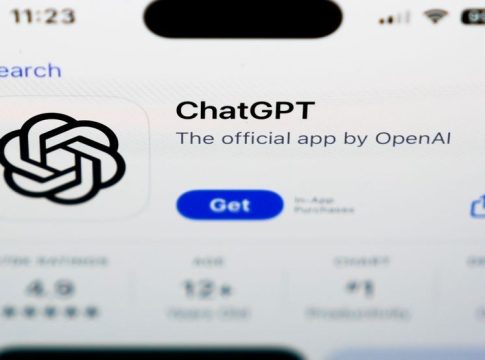The ChatGPT Dilemma: Academic Integrity in a Digital Age
The integration of AI tools like ChatGPT into educational settings is challenging traditional notions of academic honesty. As students turn to these digital companions for instant assistance, educators are grappling with the implications on learning and critical thinking.
The Rise of AI in Classrooms
ChatGPT is not just another chatbot; it serves as a powerful resource for students overwhelmed by daunting assignments. Whether it’s brainstorming ideas or simplifying complex topics, this AI can offer instant feedback or explanations tailored to individual learning styles. Unlike traditional search engines, ChatGPT creates a conversational experience, making it feel as if you are engaged with an expert.
Students readily access ChatGPT from various devices, resulting in a transformative approach to studying. The convenience raises pressing questions about the nature of academic integrity. How much assistance is too much, and where does the line between helpful support and outright cheating lie?
Cognitive Offloading: A Double-Edged Sword
The term "cognitive offloading" describes our reliance on AI to relieve mental burdens. While this technology can assist in organizing thoughts or providing summaries, it risks diminishing independent reasoning and critical thinking skills. For instance, a student might quickly query ChatGPT for a complex historical event like World War II, receiving a ready-made answer instead of engaging in thoughtful research.
However, the benefits can’t be overlooked. AI can help students manage their study priorities, clarify concepts, and even assist with note-taking during lectures. Such advantages present a significant opportunity for more personalized learning experiences that traditional teaching methods may not accommodate.
Navigating Ethical Boundaries
Eddie Watson, Vice President for Digital Innovation at the American Association of Colleges and Universities, suggests that most students don’t aim to cheat. Instead, they seek to understand where AI fits into their learning processes. The challenge lies in teaching them appropriate usage: asking for outlines, feedback, or even clarifications, rather than relying on AI for complete responses.
To bridge the gap between AI assistance and academic integrity, schools must adopt frameworks for understanding when and how to use these tools responsibly. For example, using ChatGPT for initial brainstorming can be acceptable, while direct copying of its output without attribution can clearly be viewed as cheating.
Future Implications: Teaching AI Literacy
As AI continues to evolve, the need for comprehensive AI literacy becomes clearer. Watson advocates for curriculum changes, including introducing basic AI concepts to younger students and diving deeper into ethical considerations for older ones. This progressive learning trajectory could prepare students for both academic challenges and real-world applications.
Just as calculators revolutionized mathematics education by freeing students from tedious calculations, AI can elevate human capabilities by allowing learners to focus on higher-order skills. Emphasizing interpersonal skills, effective communication, and creativity will be paramount in a future where AI plays an integral role in daily life.
In conclusion, while the rise of AI offers tremendous benefits, it also forces educators and students alike to rethink their relationships with technology, learning, and ethical boundaries. Balancing the advantages of tools like ChatGPT with a commitment to academic integrity will be essential to prepare students for an increasingly AI-centric world.

Writes about personal finance, side hustles, gadgets, and tech innovation.
Bio: Priya specializes in making complex financial and tech topics easy to digest, with experience in fintech and consumer reviews.

